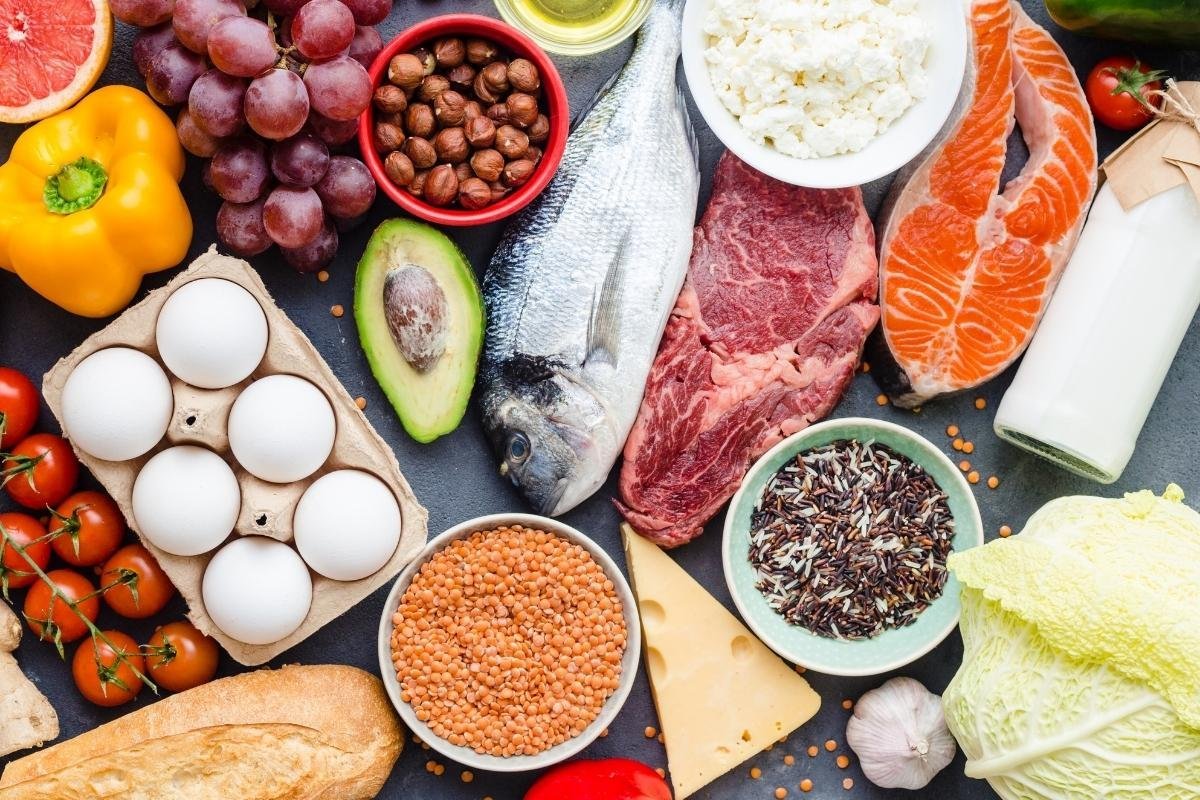Nutrition “may play a positive role” but research not yet able to give specific recommendations
By Susan Klein. This article was initially published in our Concussion Update newsletter; please consider subscribing.
Emma Finnegan et al. performed a systematic review examining research findings on nutritional intervention options for mild TBI recovery in the acute period–defined as “0–14 days for adults and 0–28 days for children post mTBI onset.” Their review, published in Frontiers in Nutrition, determined that only 11 of the 4,848 articles met the authors’ inclusion criteria of performing a robust effectiveness test.
Nutritional interventions studied were:
Omega-3 polyunsaturated fatty acids (specifically DHA, EPA).
Vitamin D.
Magnesium oxide.
N-acetyl cysteine.
Hyperosmolar lactate infusion.
Nootropic cerebrolysin infusion.
The nutritional composition of hospital diets.
Specific evidence clearly supporting the use of any particular nutraceutical remains slim, even with the promising reports about omega-3 fatty acid supplements or vitamin D repletion.
The study authors conclude, “Our findings suggest that nutrition plays a positive role during acute mTBI recovery. Following mTBI, patient needs are unique, and this review presents the potential for certain nutritional therapies to support the brain in recovery, specifically omega-3 fatty acids. However, due to the heterogenicity nature of the studies available at present, it is not possible to make definitive recommendations.”
Omega-3 fatty acid treatment, begun within 1-5 days after TBI and continued subsequently for 8-12 weeks, had the most promise for shortening the duration of symptoms. One study used DHA 2000 mg/day, while another study used 500 mg DHA/100 mg EPA daily (page A-144). However, the authors cautioned, “To date the only recommendation …from the Academy of Nutrition and Dietetics… not too specific to mTBI… recommends the consumption of 500 mg DHA and EPA daily, via eating at least two servings of fish each week”.
How vitamin D repletion might help with TBI recovery is difficult to interpret. Lee et al. assessed a cohort of 345 subjects with either mild/moderate TBI or severe TBI for vitamin D deficiency in the emergency room; all but 18 were severely deficient (serum level <30 mg/dL). Those with severe deficiency were assigned to treatment/no treatment groups. The treated group immediately received a vitamin D 100,000 IU injection, followed by oral supplementation. At 3-month follow-up, treated patients in the mild/moderate TBI subgroup showed better performance on the Mini-Mental Status Examination and a 3-point global scale of dementia assessment than the untreated ones.
The remaining nutritional interventions all showed statistical significance in improving outcomes, though study issues with low enrollment, subject dropout over time, and unclear dose/duration data for the intervention did not suggest a clearcut protocol for any of the nutritional therapies.
This systematic survey shows continued interest in complementary and alternative therapies (CAM) despite the paucity of evidence to suggest their utility. It follows a 2017 report showing that 83% of sports medicine practitioners surveyed had recommended (CAM) to promote healing following concussion. Despite the fact that no nutritional interventions have received FDA approval for their use in the treatment of concussion, studies modeled on Finnegan and colleagues’ template provide a roadmap for careful assessment of CAM.

